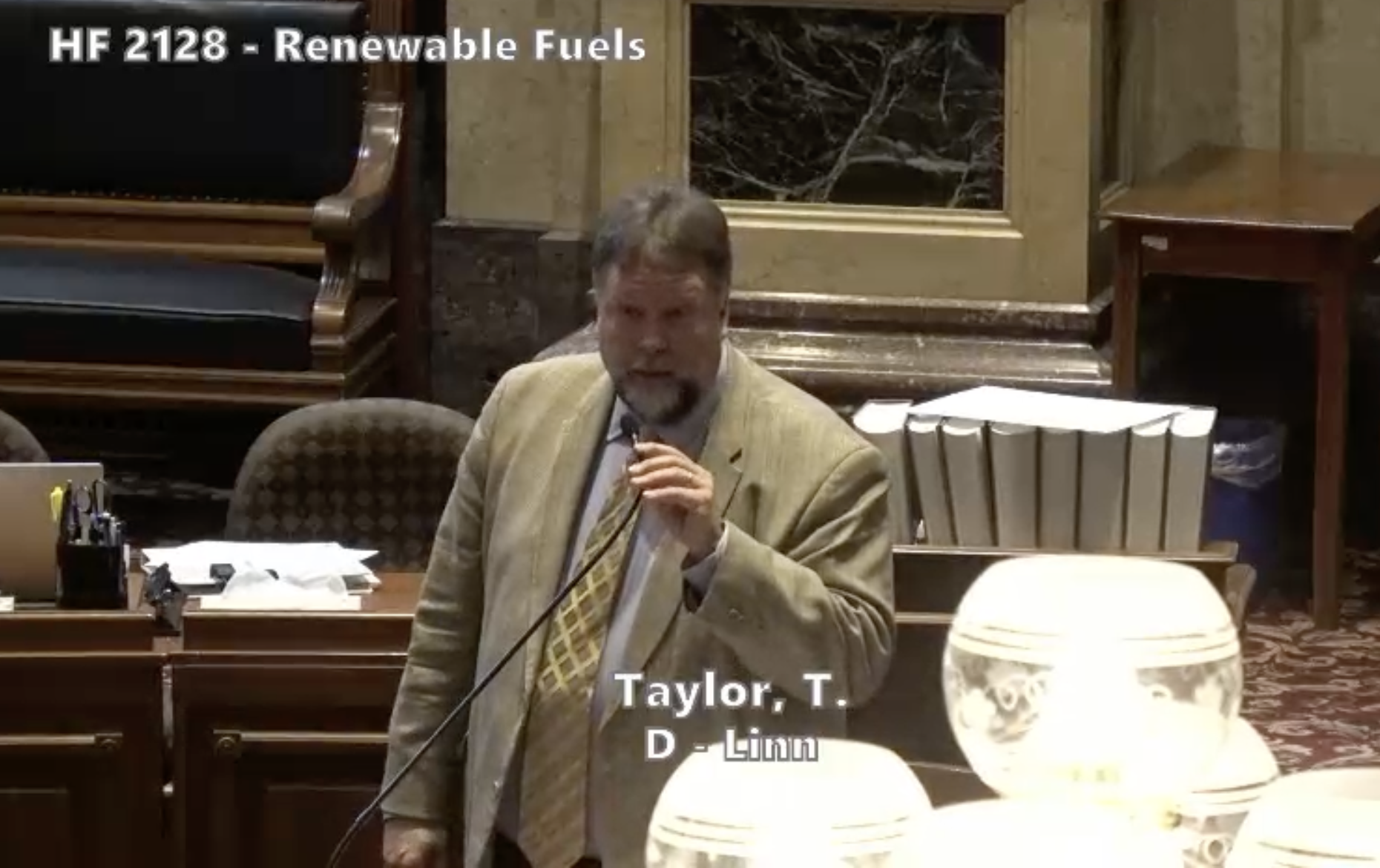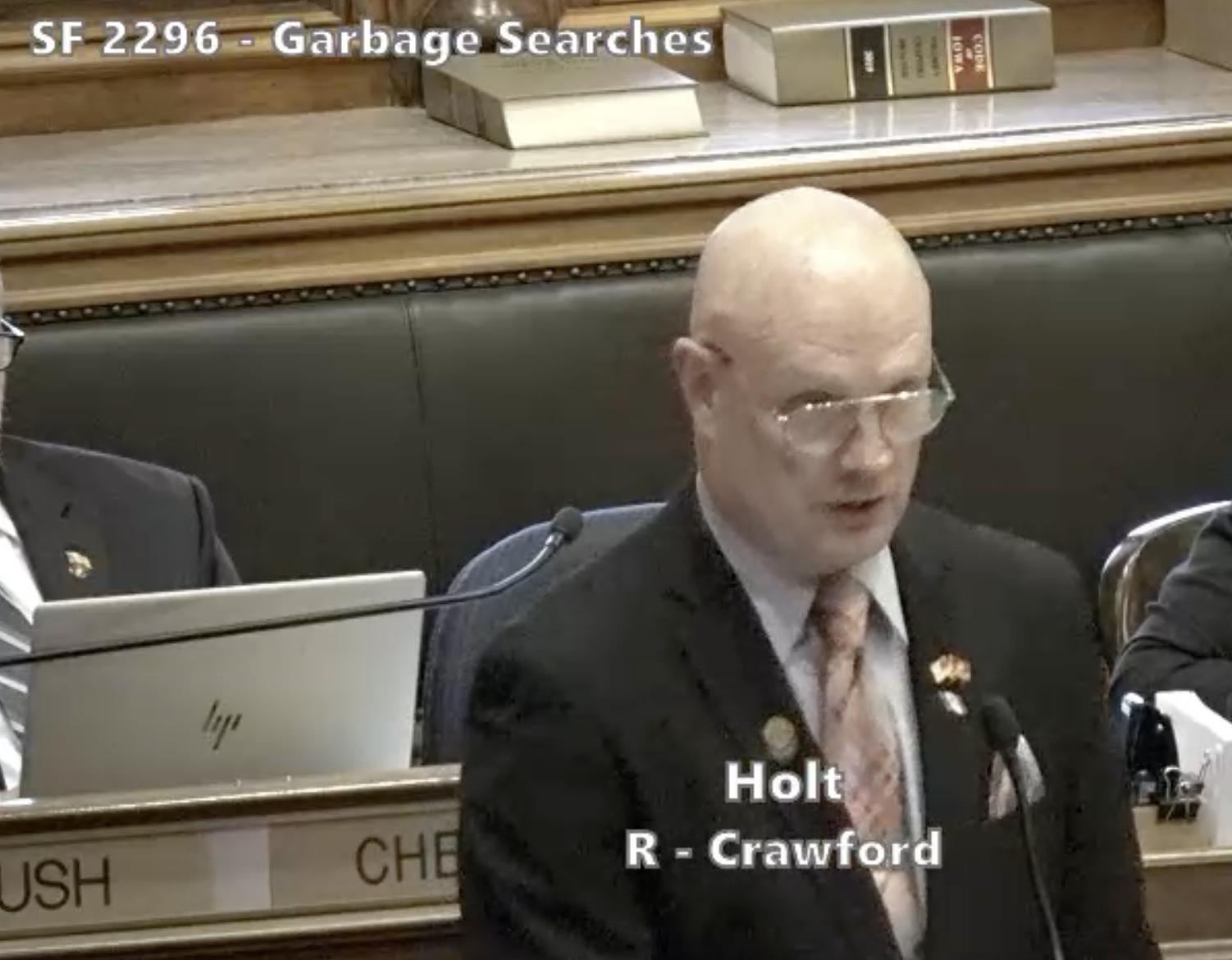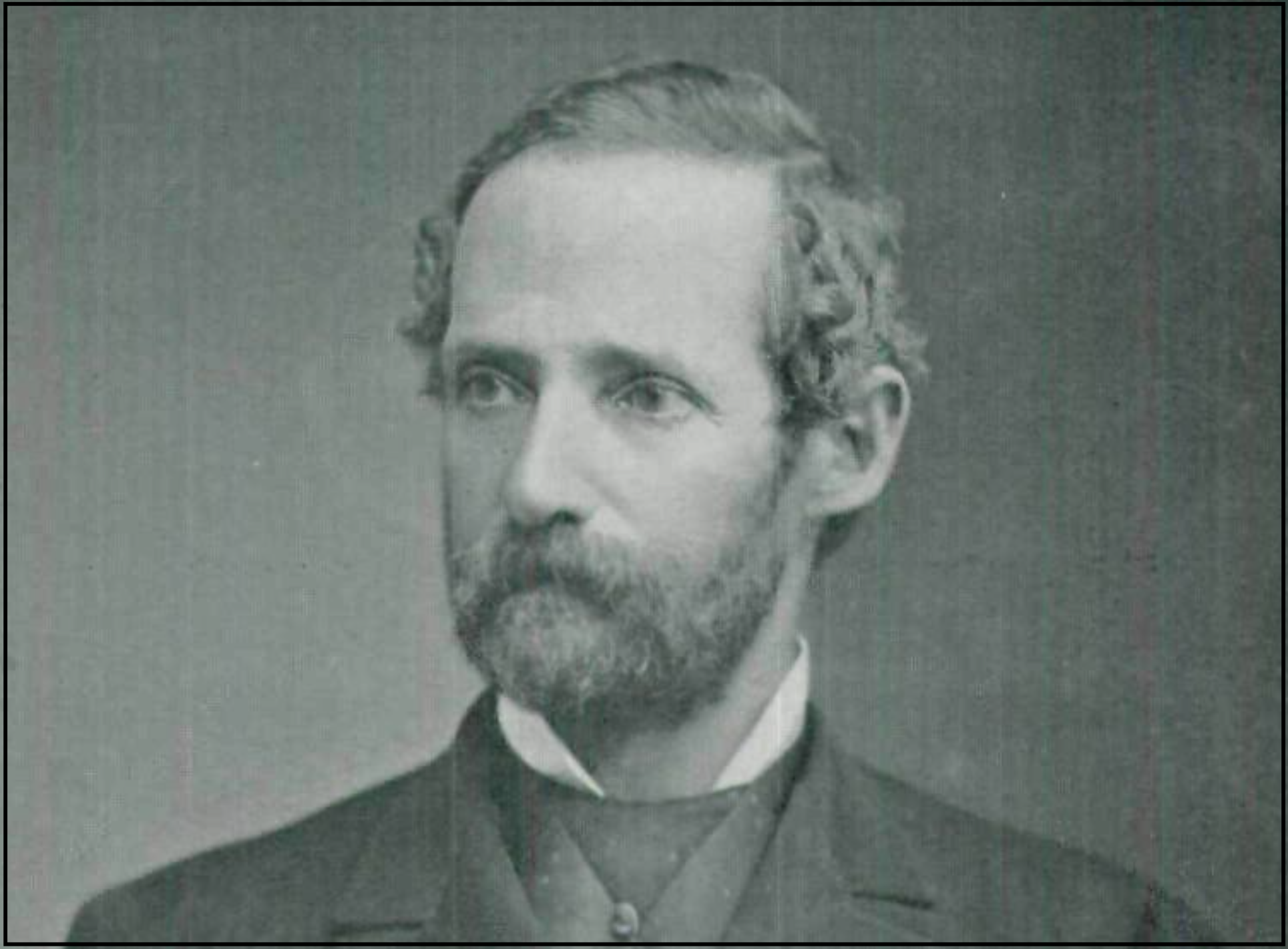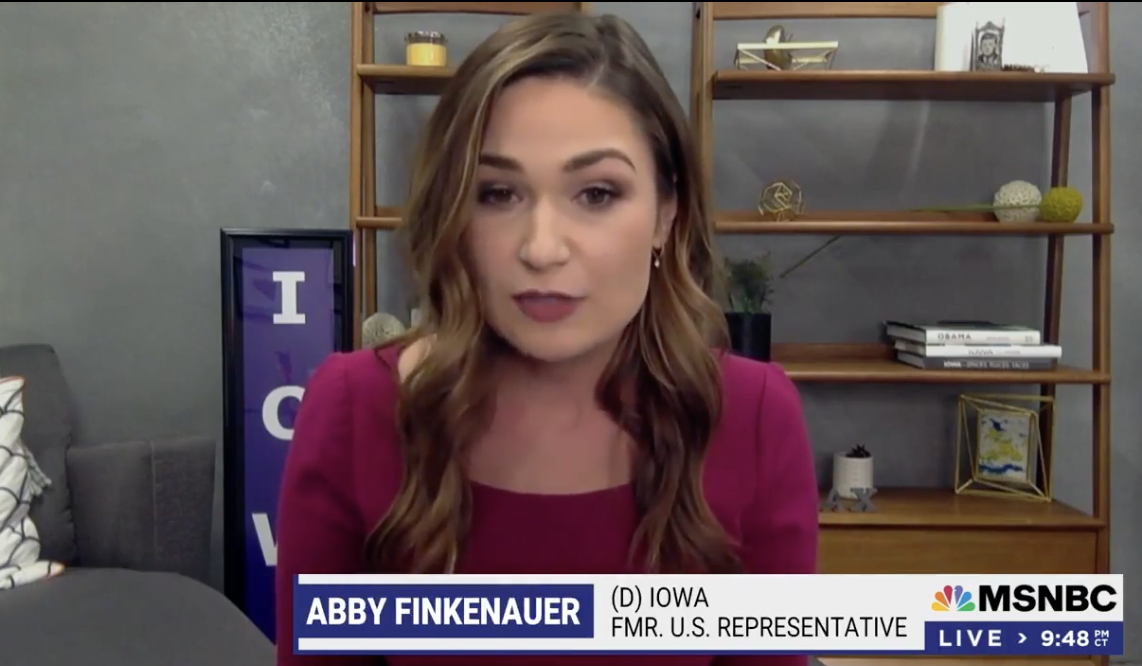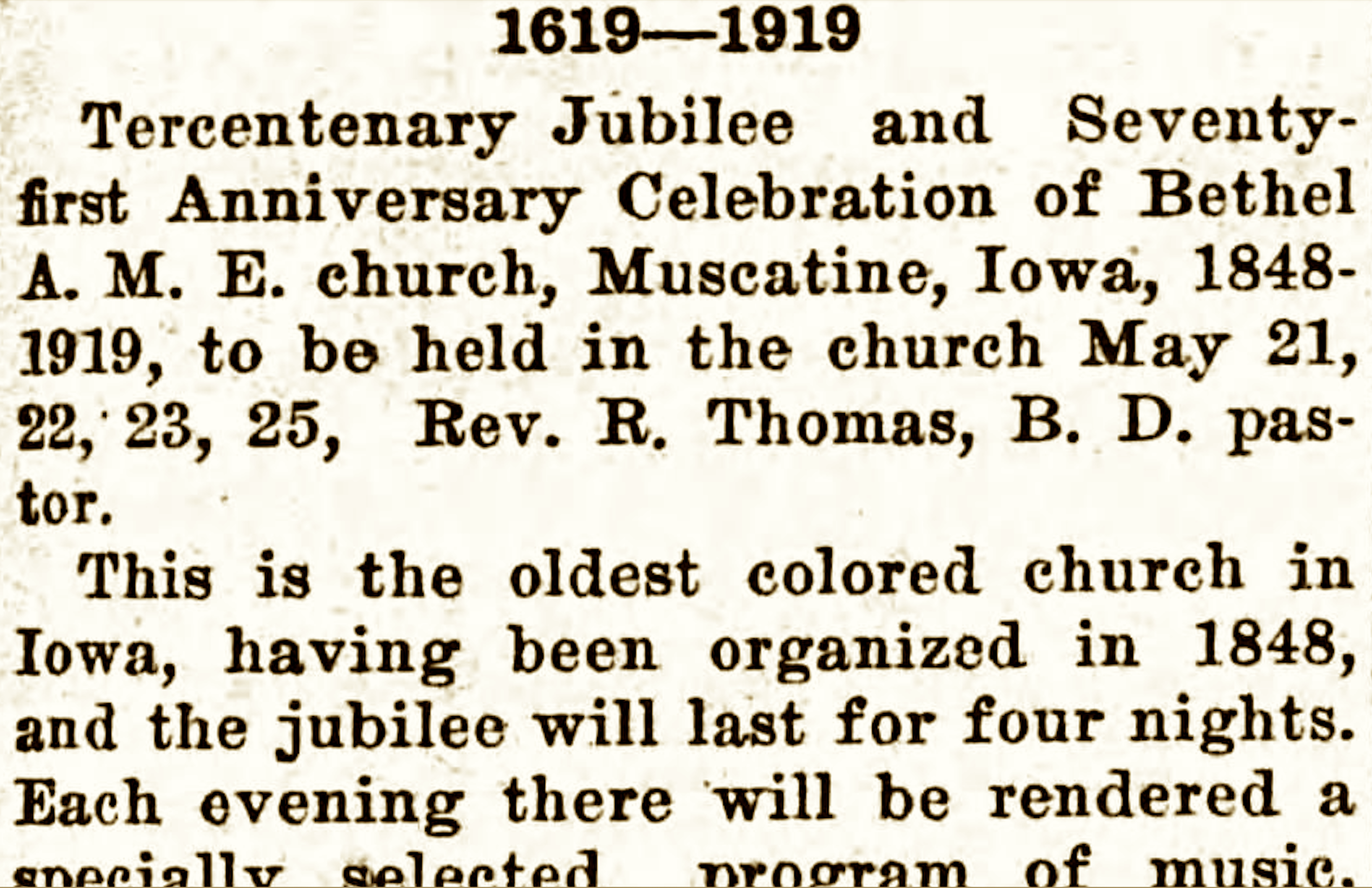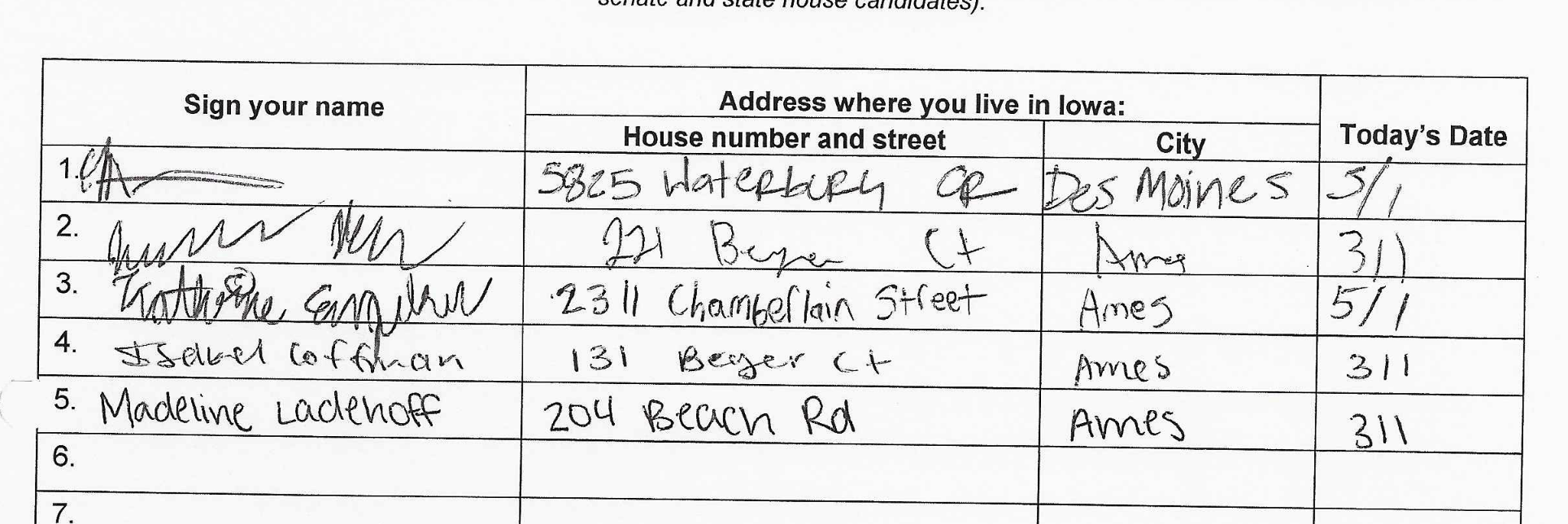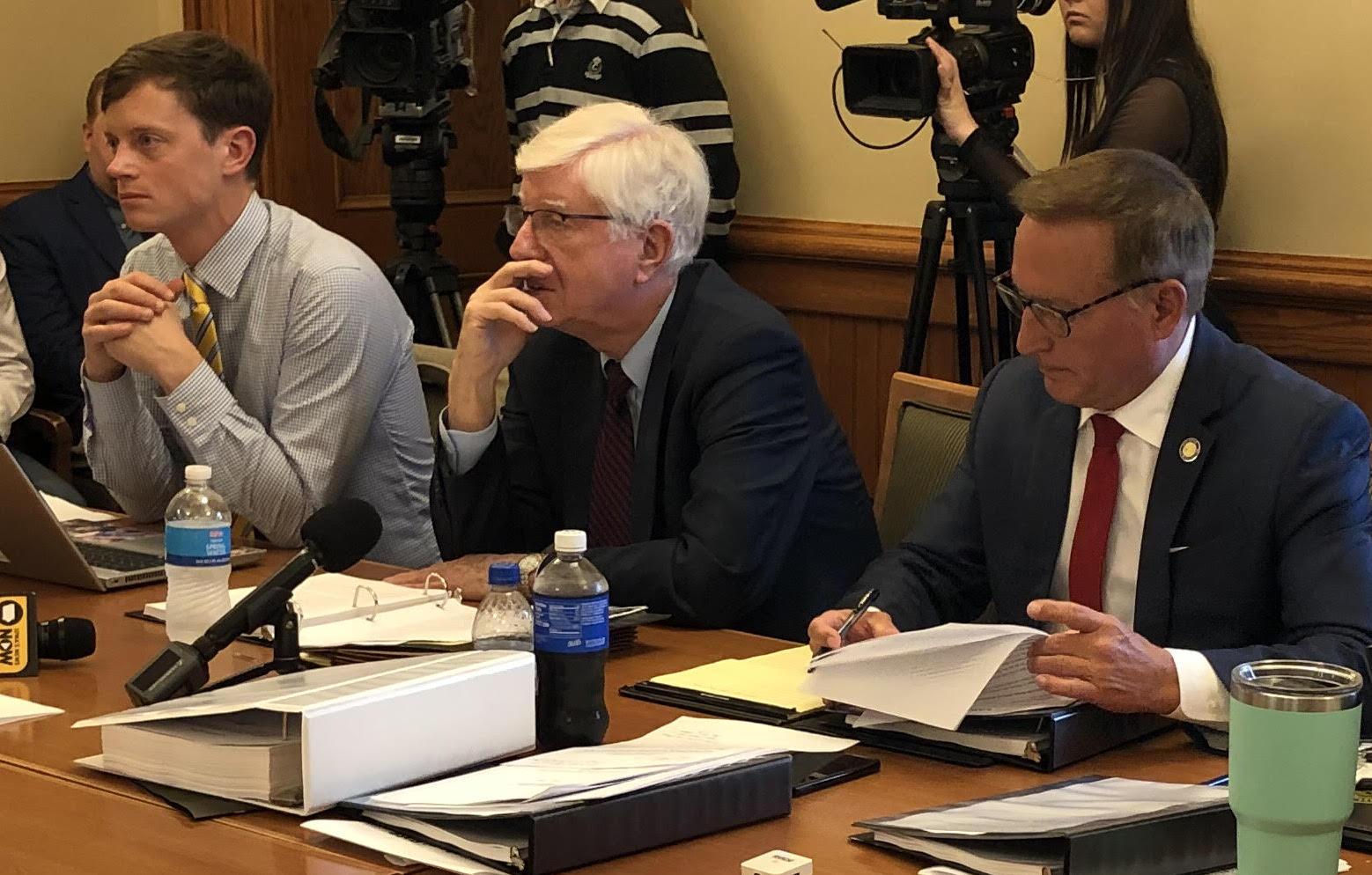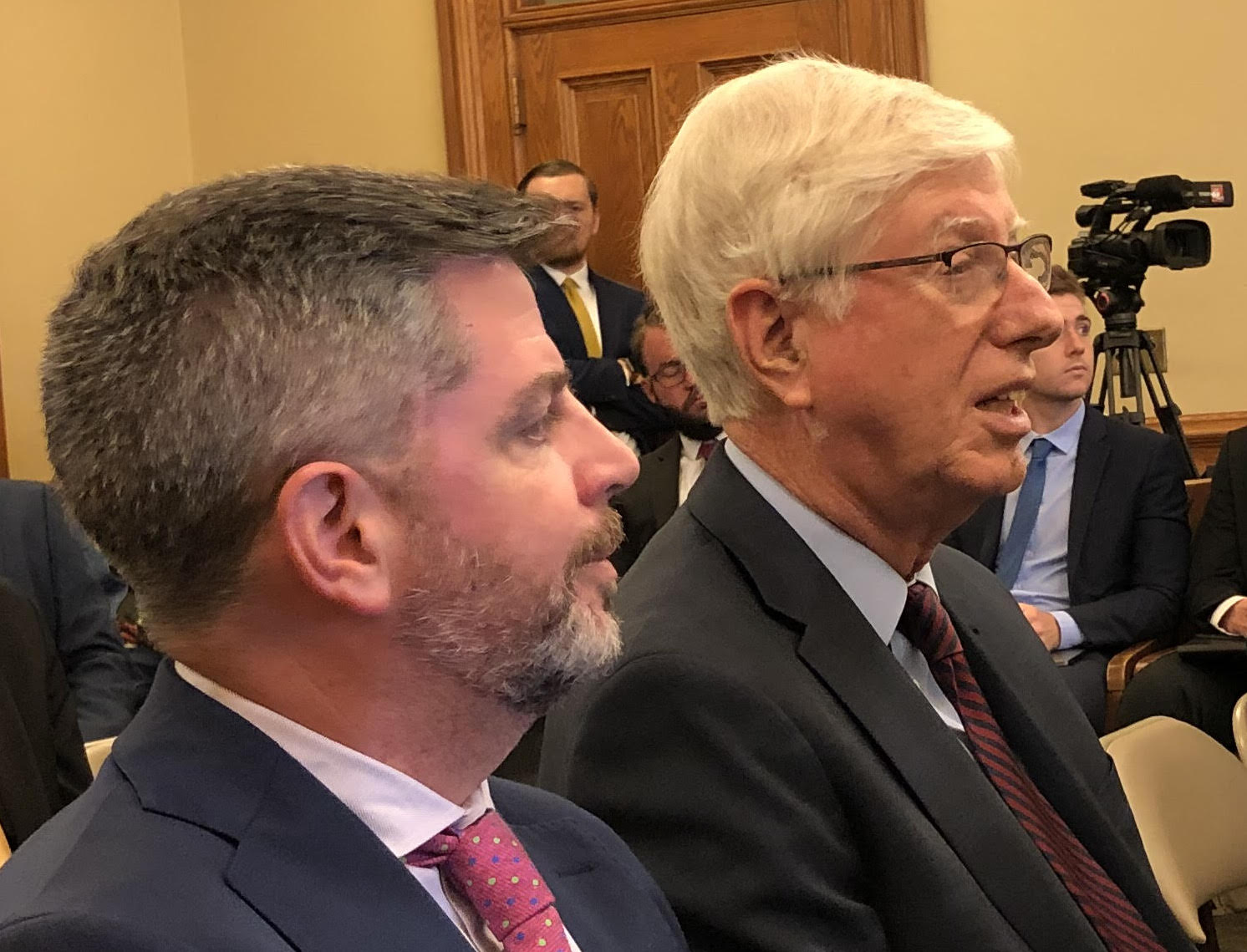Steve Corbin is emeritus professor of marketing at the University of Northern Iowa and freelance writer who receives no remuneration, funding, or endorsement from any for-profit business, nonprofit organization, political action committee, or political party.
“Today in History” compiled by the Associated Press is my favorite daily newspaper column. The cogent lessons allow me to recall – with surprise – many historical events but usually I learn new facts.
The posting on March 20, recalling 2014 and 2018 events plus a March 20, 2022 article speaks volumes:
-March 20, 2014: “President Barack Obama ordered economic sanctions against nearly two dozen members of Russian President Vladimir Putin’s inner circle and a major bank that provided them support, raising the stakes in an East-West showdown over Ukraine.”
-March 20, 2018: “In a phone call to Vladimir Putin, President Donald Trump offered congratulations on Putin’s re-election victory; a senior official said Trump had been warned in briefing materials that he should not congratulate Putin.”
-March 20, 2022: “President Biden has called Mr. Putin a war criminal. . . . (Biden) must declare that the sanctions crippling Russia will remain in full force, with no exit ramps, as long as Mr. Putin remains in power” (Wall Street Journal).
What a contrast of presidents!
Continue Reading...




